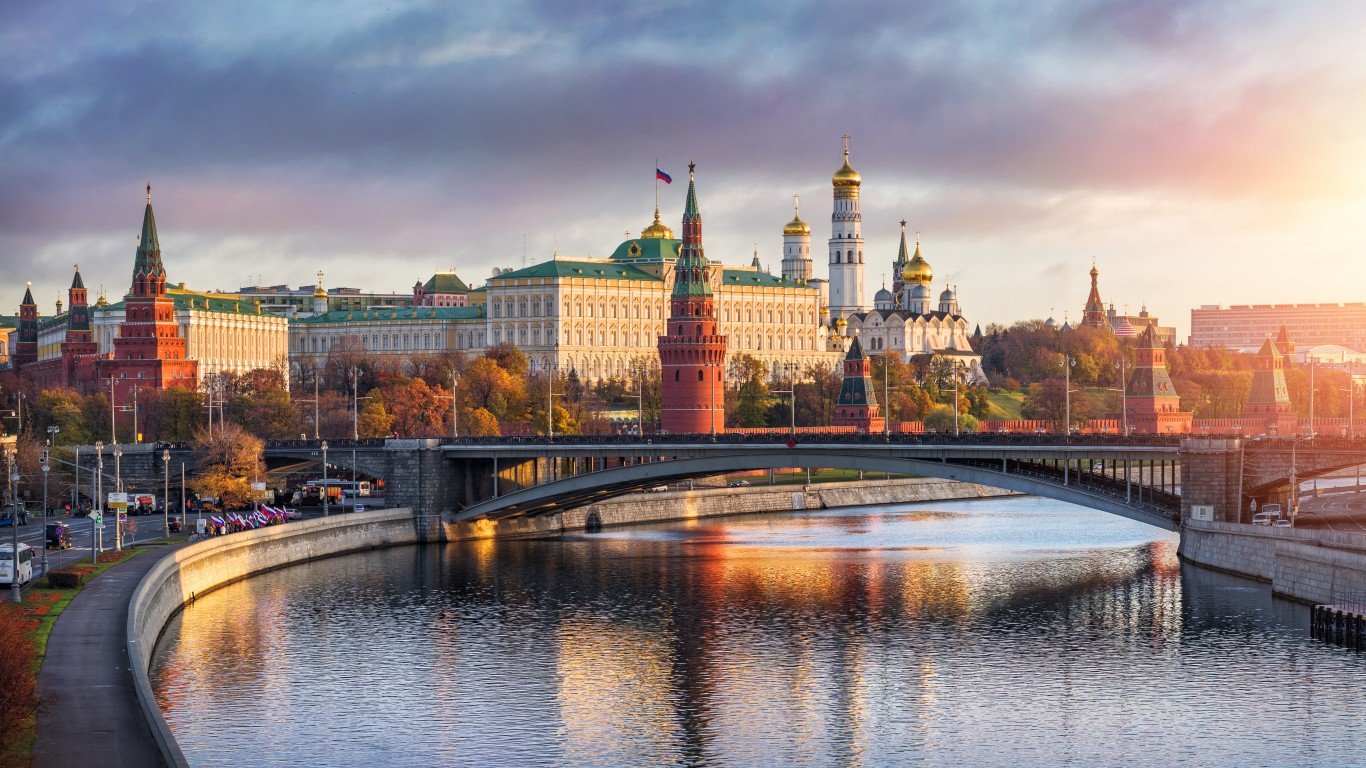

According to a Russian news report from Thursday, September 22nd, the country’s Ministry of Finance and Central bank reached a milestone agreement on cross-border crypto payments. Russia spent much of 2022 eyeing the possibility of settling imports and experts using digital assets.
The Ministry of Finance and the Central Bank Agree on a Crypto Bill
Alexei Moiseev, the Deputy Finance Minister of Russia spoke at the ongoing “Banks of Russia – XXI Century” banking forum about the recent developments in the country’s efforts to legislate and utilize crypto. According to Moiseev, the Ministry and the Central bank have agreed on a draft of a bill intended to regulate the acquisition and use of digital assets.
Russia banned payments and investment in crypto earlier in 2022 but is now allegedly changing its stance. The Central Bank, and the Ministry of Finance—which opposed the initial cryptocurrency ban—intend to set the ground rules for the acquisition of digital assets, and their use in international payments.
Prime Minister Mikhail Mishustin proposed that Russia should allow crypto payments for exports and imports arguing that this method would be “a safe alternative for all parties” already on August 30th. Additionally, while the country still doesn’t allow internal payments in digital assets, it relaxed its ban somewhat and they are now considered valid investment vehicles.
International Crypto Payments and Sanction on Russia
Moiseev also argued that Russia needs a better crypto infrastructure because its citizens are opening online accounts outside the Federation under the current circumstances. The Deputy Finance Minister believes that it is important that people can easily access crypto within the country, but to also regulate digital assets in a way that would prevent “laundering, payment for drugs, and so on.”
Now people are opening crypto wallets outside the Russian Federation. It is necessary that this can be done in Russia, that this is done by entities supervised by the Central Bank, which are required to comply with the requirements of anti-money laundering legislation, and first of all, of course, to know their client.
Russia’s moves to legalize cross-border payments with crypto harken back to worries that the country might use digital assets to circumvent international sanctions placed on it due to the invasion of Ukraine. The fact that Iran—one of the most sanctioned countries in the world—recently started using crypto for international trade perhaps reinforces these concerns.
On the other hand, the FBI all but dismissed such notions back in March 2022. According to the bureau’s director, it is far more likely that Russia would be using fiat currency in attempts to circumvent sanctions as it is, allegedly, a lot harder to track than crypto.
This article originally appeared on The Tokenist
Essential Tips for Investing: Sponsored
A financial advisor can help you understand the advantages and disadvantages of investment properties. Finding a qualified financial advisor doesn’t have to be hard. SmartAsset’s free tool matches you with up to three financial advisors who serve your area, and you can interview your advisor matches at no cost to decide which one is right for you. If you’re ready to find an advisor who can help you achieve your financial goals, get started now.
Investing in real estate can diversify your portfolio. But expanding your horizons may add additional costs. If you’re an investor looking to minimize expenses, consider checking out online brokerages. They often offer low investment fees, helping you maximize your profit.
Thank you for reading! Have some feedback for us?
Contact the 24/7 Wall St. editorial team.



